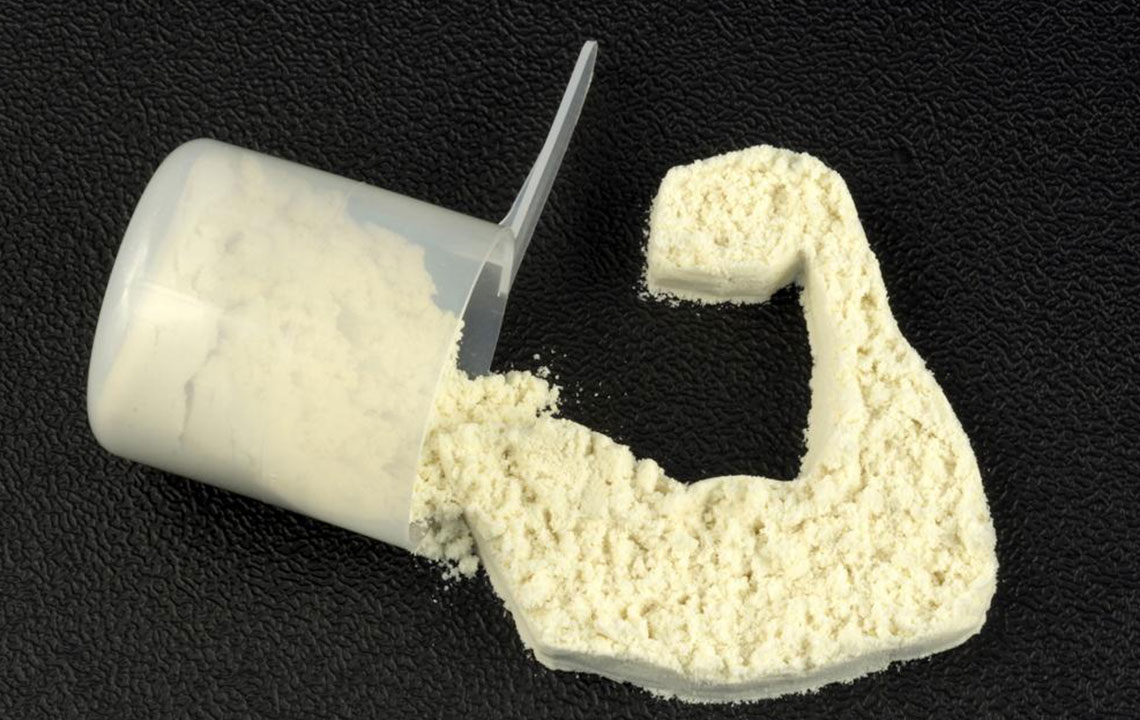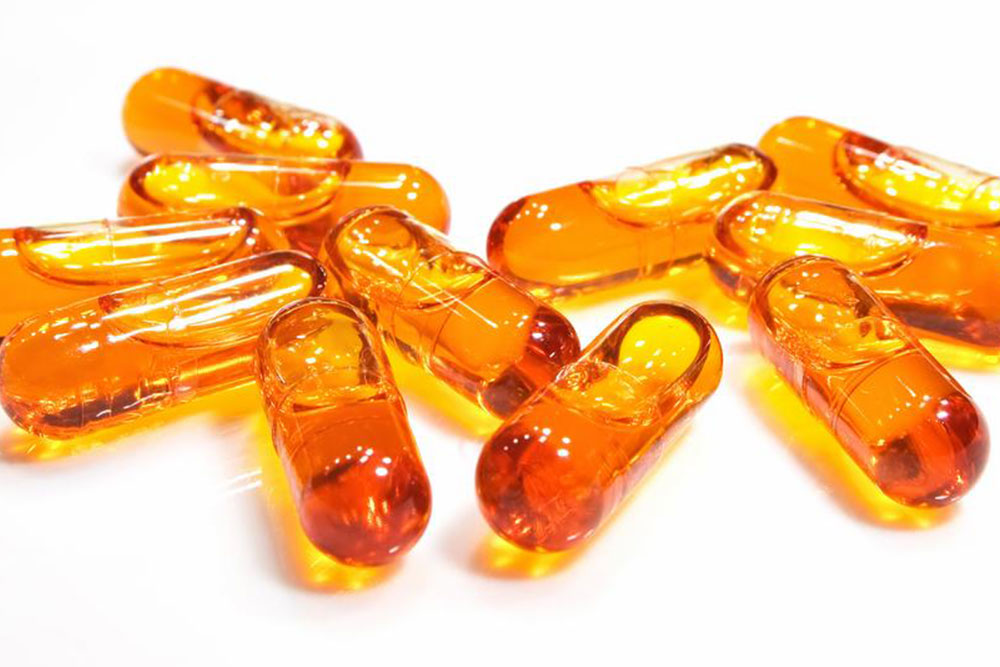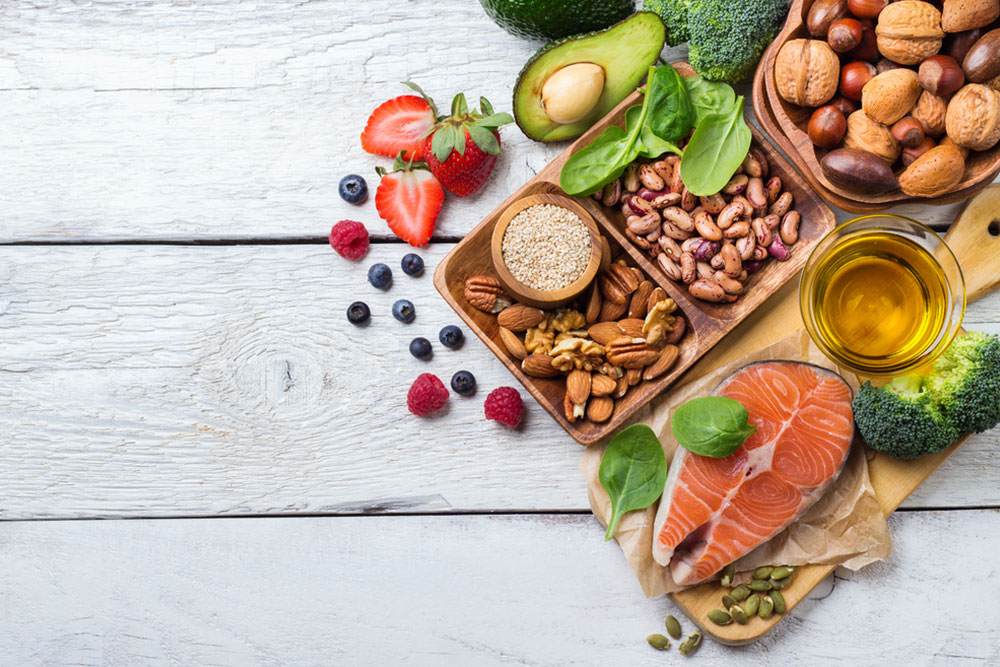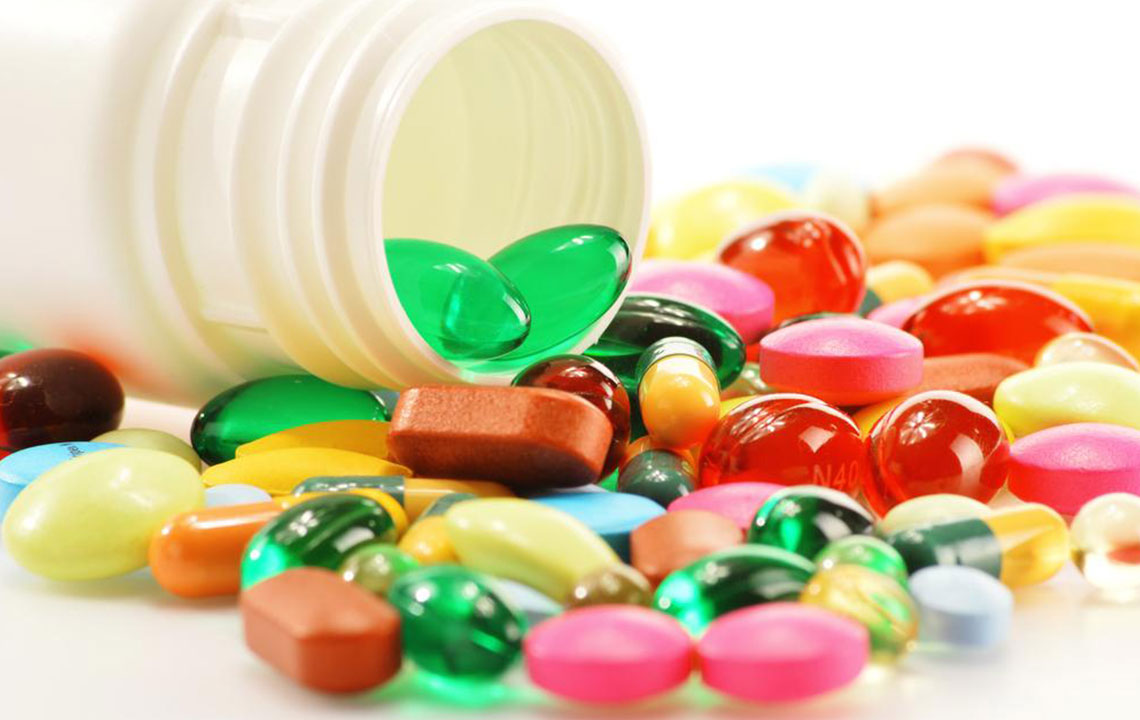Comprehensive Guide to Natural Supplements for Enhancing Prostate Health
This detailed guide explores natural supplements and dietary strategies to support prostate health for men over 40. Covering herbal remedies like saw palmetto, lycopene-rich foods, essential vitamins, minerals, and lifestyle tips, it offers comprehensive advice to prevent or alleviate prostate issues. Incorporating these natural approaches can improve urinary function, reduce inflammation, and lower the risk of prostate diseases, promoting overall well-being and quality of life. Always consult healthcare providers before starting new supplements for personalized care.

Natural and Herbal Supplements Vital for Maintaining a Healthy Prostate
Prostate health becomes an increasingly important concern for men as they age, especially after the age of 40. The prostate gland, situated just below the bladder and in front of the rectum, is a small but crucial part of male reproductive health. It contributes significantly to seminal fluid production and also plays a role in urinary control. As men grow older, the likelihood of prostate issues, such as benign prostatic hyperplasia (BPH), increases. These conditions can lead to discomfort, urinary problems, and in some cases, more serious concerns like prostate cancer.
Fortunately, scientific research and traditional herbal remedies suggest that certain natural supplements can play a supportive role in maintaining prostate health, managing symptoms, and lowering the risk of developing severe prostate diseases. This comprehensive guide explores safe, effective natural supplements and dietary strategies designed to promote prostate wellness, especially for men over 40.
Enlargement of the prostate gland often causes pressure on the urethra and bladder, leading to frequent urination, difficulty in completely emptying the bladder, pelvic and lower back pain, and increased risk of urinary tract infections. These symptoms can severely impact quality of life and may escalate if not managed properly. Men often seek natural avenues to support prostate health, preferring herbal and dietary supplements over medications, especially for mild to moderate issues. Integrating these supplements into daily life can help improve urinary function, reduce inflammation, and support overall prostate health.
Research highlights several natural substances known for their benefits to prostate health, with many derived from traditional herbal medicine, modern nutritional science, or a combination of both. Here is a detailed look at some of the most studied and recommended natural supplements:
Saw Palmetto
Among the most well-known herbal remedies, saw palmetto has a long history of use for alleviating symptoms of BPH. It works by inhibiting the conversion of testosterone to dihydrotestosterone (DHT), a hormone linked with prostate enlargement. Numerous studies indicate its effectiveness in reducing prostate size and improving urinary flow, making it a popular choice for men seeking a natural approach.
Red Clover
This plant contains phytoestrogens and antioxidants that may help reduce inflammation and support hormonal balance. Red clover's compounds help lower the risk of prostate cancer by combating oxidative stress, a common factor linked to cell mutation and tumor growth.
Lycopene
Found abundantly in tomatoes, watermelon, and pink grapefruits, lycopene is a potent antioxidant that supports prostate health. Its ability to neutralize free radicals may reduce prostate inflammation and lower the risk of prostate cancer. Dietary intake of 2-10 mg daily is recommended for optimal benefits.
Vitamin D
Adequate levels of vitamin D are associated with a lower risk of prostate diseases, including cancer. Supplementing with 1000-2000 IU daily can help maintain healthy immune function and cellular growth regulation, which are vital for prostate health.
Zinc
This mineral is essential for proper enzyme function and cellular repair in the prostate. A daily dose of around 20 mg supports prostate function and immune health. Combining zinc with copper assists in preventing deficiencies and promoting mineral balance.
Pomegranate
Rich in antioxidants and bioactive compounds, pomegranate juice has been shown to improve prostate health and cardiovascular well-being. Regular consumption can help slow tumor progression and support urinary health.
Vitamin B Complex
Including folic acid, B6, and B12, these vitamins are crucial for maintaining DNA integrity and reducing the risk of cellular mutations that can lead to cancer. They also promote urinary tract health. Typical doses are 500-800 mcg of folic acid, 20 mg of B6, and 150-200 mcg of B12 daily.
Vitamin C
A powerful antioxidant, vitamin C at 400 mg daily aids in reducing inflammation, supporting immune function, and enhancing recovery from prostate conditions.
Vitamin E
Known for its cellular antioxidant properties, vitamin E at 200 IU daily may prevent cellular damage linked to prostate anomalies.
Selenium
An essential trace mineral found in foods like Brazil nuts, selenium at 100 mcg daily can slow the growth of prostate tumors and offer protective benefits.
Nettle Root
Traditionally used for urinary issues, nettle root helps improve urinary flow and reduces inflammation, making it an effective herbal supplement for prostate support.
In addition to supplements, incorporating certain foods into regular diets can boost prostate health. Foods such as soy milk, guavas, pink grapefruits, watermelons, ginger, and garlic are rich in nutrients that support healthy prostate function and prevent further deterioration. A balanced diet combined with natural supplements can optimize health outcomes and reduce the risk of prostate-related conditions.
Before starting any new supplement regimen, especially herbal products, it is crucial to consult with a healthcare professional. They can help determine appropriate dosages, check for potential interactions with medications, and ensure that the supplements are suitable for your individual health needs. Maintaining an active lifestyle, staying hydrated, and avoiding tobacco and excessive alcohol consumption further contribute to prostate health.





